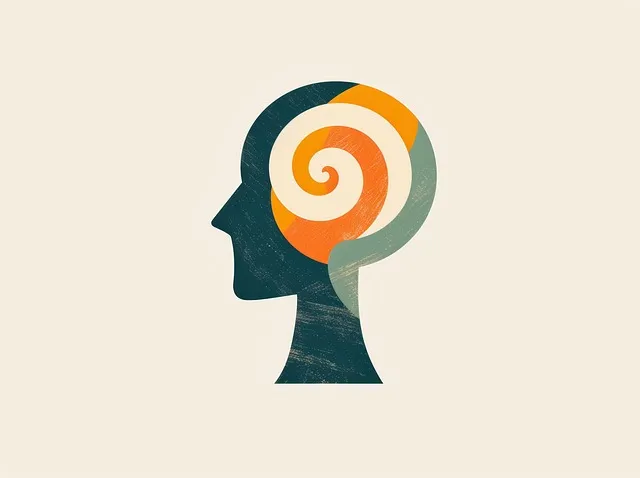Mental health conditions significantly impair social interactions, leading to isolation and exacerbating challenges. Kaiser Permanente behavioral health services in Centennial offers specialized services addressing these issues, focusing on skill development for social skills and coping mechanisms through evidence-based practices. They innovate with public awareness campaigns and a Mental Wellness Podcast Series, educating communities about mental health. Their holistic approach includes training in communication, emotional expression, and social cue interpretation, empowering individuals to manage social stressors effectively.
Social skills training plays a pivotal role in managing mental health conditions, fostering better interactions and overall well-being. This article explores how programs like those offered by Kaiser Permanente Behavioral Health Services Centennial can significantly enhance social abilities. We delve into the impact of mental health on daily conversations, providing practical strategies to navigate social situations with confidence. By understanding these nuances, individuals can improve their communication, build stronger relationships, and lead more fulfilling lives.
- Understanding the Impact of Mental Health on Social Interactions
- The Role of Kaiser Permanente Behavioral Health Services Centennial in Skill Development
- Practical Strategies for Enhancing Social Skills in Everyday Life
Understanding the Impact of Mental Health on Social Interactions

Mental health conditions can significantly influence an individual’s ability to engage in social interactions, often creating a cycle of isolation that exacerbates existing challenges. Conditions like depression, anxiety, and schizophrenia can make it difficult for individuals to interpret social cues, initiate conversations, or maintain relationships—all essential aspects of human connection. This is where specialized services, such as those offered by Kaiser Permanente behavioral health services in Centennial, play a pivotal role.
The impact extends beyond the individual; it reflects on societal levels. Cultural sensitivity in mental healthcare practice, as emphasized in the Mental Wellness Podcast Series Production, becomes critical when addressing these issues. Understanding and respecting diverse cultural backgrounds, beliefs, and communication styles can foster more inclusive and effective support systems for those managing mental health conditions. Furthermore, advocacy efforts through Mental Health Policy Analysis and Advocacy are essential to shaping communities that prioritize mental wellness, ensuring individuals receive the necessary tools to navigate social environments with confidence and support.
The Role of Kaiser Permanente Behavioral Health Services Centennial in Skill Development

Kaiser Permanente Behavioral Health Services Centennial plays a pivotal role in empowering individuals with mental health conditions through comprehensive skill development programs. Their dedicated team offers tailored interventions, focusing on improving social skills and coping mechanisms. By integrating evidence-based practices, they provide a supportive environment for clients to build resilience and enhance their overall mental wellness.
The organization’s commitment extends beyond therapy sessions, as evidenced by their successful Public Awareness Campaigns Development and the production of a Mental Wellness Podcast Series. These initiatives aim to educate communities and foster public awareness about mental health, further supporting individuals in their journey towards recovery and improved social interactions.
Practical Strategies for Enhancing Social Skills in Everyday Life

Social skills training is an essential component of managing mental health conditions, offering individuals practical tools to navigate social interactions with ease and confidence. At Kaiser Permanente behavioral health services Centennial, our experts emphasize the importance of teaching adaptive behaviors and communication strategies tailored to each client’s unique needs. Through role-playing exercises and real-life practice scenarios, individuals learn to express their emotions effectively, interpret social cues, and engage in meaningful conversations, thereby enhancing their overall quality of life.
Practical strategies include developing active listening skills to foster deeper connections, learning to say ‘no’ without guilt or anxiety, and practicing assertiveness techniques to set personal boundaries. By integrating these skills into daily routines, individuals can build resilience against social stressors and improve their ability to manage challenging situations. This holistic approach, combined with public awareness campaigns on mental health, burnout prevention, and self-care practices, empowers individuals to take charge of their social well-being.
Social skills training is a powerful tool in supporting individuals with mental health conditions, fostering better connections and improving overall well-being. As highlighted by the expertise of Kaiser Permanente Behavioral Health Services Centennial, these programs can equip people with practical strategies to navigate social situations confidently. By understanding the impact of mental health on interactions and implementing effective techniques, individuals can enhance their daily lives, build meaningful relationships, and create a more supportive community.






